Bing Crosby’s I’ll Be Seeing You

https://youtu.be/abnNSWFsDCA
Lyrics:
I’ll be seeing you in every lovely summer’s day
In everything that’s light and gay
I’ll always think of you that way
I’ll be seeing you in all the old familiar places
That this heart of mine embraces all day through
In that small café, the park across the way
The children’s carousel, the chestnut trees, the wishing well
I’ll be seeing you in all the old familiar places
That this heart of mine embraces all day through
In that small café, the park across the way
The children’s carousel, the chestnut trees, the wishing well
I’ll find you in the mornin’ sun
And when the night is new
I’ll be looking at the moon
But I’ll be seeing you
I’ll find you in the mornin’ sun
And when the night is new
I’ll be looking at the moon
But I’ll be seeing you
Music in Britain During World War II
By 1944, World War II had taken the lives of millions people. In Britain, these deaths happened to the soldiers who fought in the war as well as the civilians, victims of The Blitz, who stayed behind to fight their “peoples war.” Soldiers and citizens alike had become accustomed to saying goodbye. They said goodbye to the soldiers who fought in the war. They said goodbye to their neighbors and family members who were casualties of the “peoples war.” They said goodbye to a way of life that had been unalterably changed by fear and destruction. As a result of these seemingly ceaseless farewells, the British turned to music as one of its sources of escapism and comfort. It was in that time that Bing Crosby’s rendition of I’ll Be Seeing You became a #1 hit.
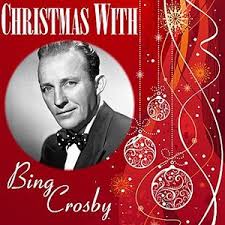
At the time, Bing Crosby had already gained notoriety for his Christmas music. His conversational style of music had gained popularity for its hopeful holiday themes and upbeat qualities. Although Crosby’s rendition of I’ll Be Seeing You did not have the same upbeat quality as his Christmas music, its soothing sounds and nostalgic lyrics were exactly the kinds of things people looked out for in the music during World War II. The article Bing Crosby (1901?-1977) described World War II as a time when “people yearned for relaxation and lack of worries. Crosby sang to them of pennies from heaven, wrapping their troubles in dreams” (56-57). The dreamlike quality could be heard in Crosby’s smooth voice and the lyrics in I’ll Be Seeing You.
British citizens would have have found the song highly relate-able during the war. The nostalgic lyrics “I’ll be seeing you in all the old familiar places/That this heart of mine embraces all day through/In that small café, the park across the way/The children’s carousel, the chestnut trees, the wishing well” resonated with any person who had lost someone or was waiting to see them again. Even if they had not had the same memories of chestnut trees and wishing wells, they would recall other occasions that were equally memorable to them. According to Vanessa Reed, the entertainment manager at The National World War II Museum, the songs in WWII’s era “really had a lot to do with the soldiers’ lives when they went overseas” (1). Soldiers serving overseas would have been thinking of the memories of the families that they had left behind.
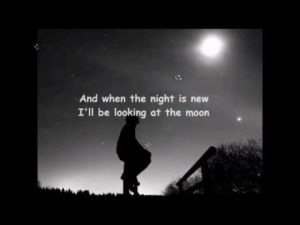
For those people who had lost their loved ones in the war, the lyrics “And when the night is new/I’ll be looking at the moon/But I’ll be seeing you” spoke directly to them. The lyrics said that their loved ones may have passed away, but they would always be alive in their memories.
The Origin of I’ll Be Seeing You
Bing Crosby was not the first or last person to sing the song I’ll Be Seeing You. The song, which was composed by Sammy Fain and written by Irving Kahal, was originally meant for the musical “Right This Way.” The play itself was a comedy and the song was originally performed by Tamara. The play ran for 15 weeks in the 46th street theatre in NY (Bastien).
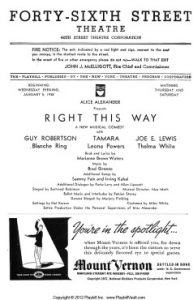
However, it was not the play that grabbed the attention of so many people. It was the music, its simple lyrics, and its nostalgic and heartfelt message that left an impression on the world. The song has been remade by over 200 different musicians, some of whom are still reverently remembered today. For example, In 1944, a popular artist of the time, Billie Holiday, sang I’ll Be Seeing You. In 1962 Frank Sinatra sang it. Along with Bing Crosby, these are the names of some of the most influential Jazz artists of the time.
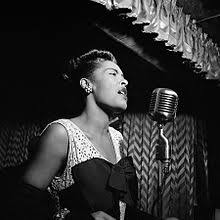
Billy Holiday
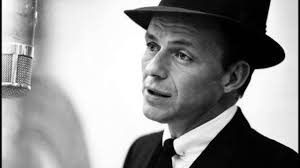
Frank Sinatra
A Timeless Song
I’ll Be Seeing You is a timeless song that will any generation can relate to. Since the lyrics are simple and the message is clear anyone who has ever missed someone will be able to relate. Even now, people there are plenty of people who still listen to, and there are plenty of musicians who add their vocals to the song. There will never be a time when the song I’ll Be Seeing You is not relevant.
References
Bastien. “I’ll Be Seeing You.” Second Hand Songs – A Cover Songs Database, 11 Apr. 2013, secondhandsongs.com/work/4841/originals#nav-entity.
“Bing Crosby (1901?-1977).” Music Educators Journal, vol. 64, no. 7, 1978, pp. 56–57. JSTOR, JSTOR, www.jstor.org/stable/3395448.
Fauser, Annegret. “Music during World War II.” OUPblog, 15 Jan. 2015, blog.oup.com/2013/02/music-during-world-war-ii/.
United States: Music of the 1940s Enlivens New Museum. (2009, November 16). Asia News Monitor, p. Asia News Monitor, Nov 16, 2009.
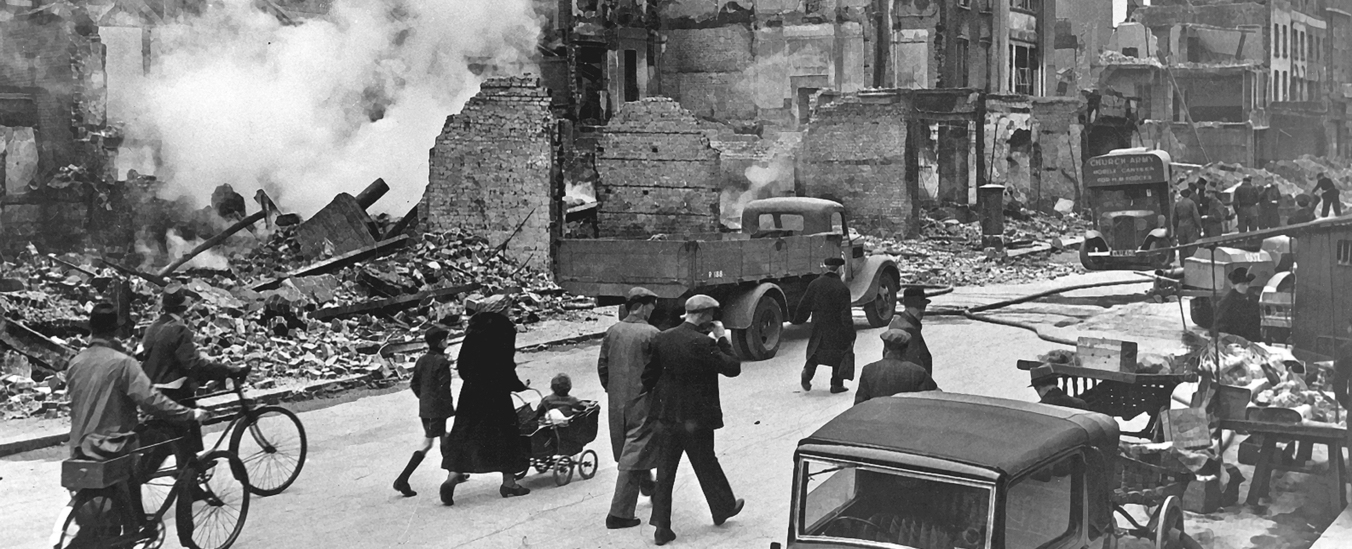


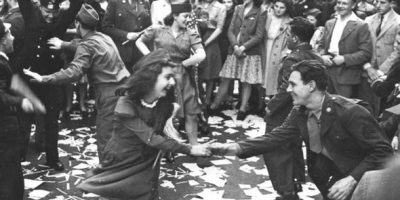



Melissa Dinsman
You do an excellent job of close reading the lyrics of this song for a wartime audience and your work on Crosby’s appeal is also well done. You mention that the song is still a part of our cultural memory but the latest version of the song you mention is sung by Sinatra. Has this song been done more recently? Has it been included in more recent films or TV shows? How is it that we know this song still today?